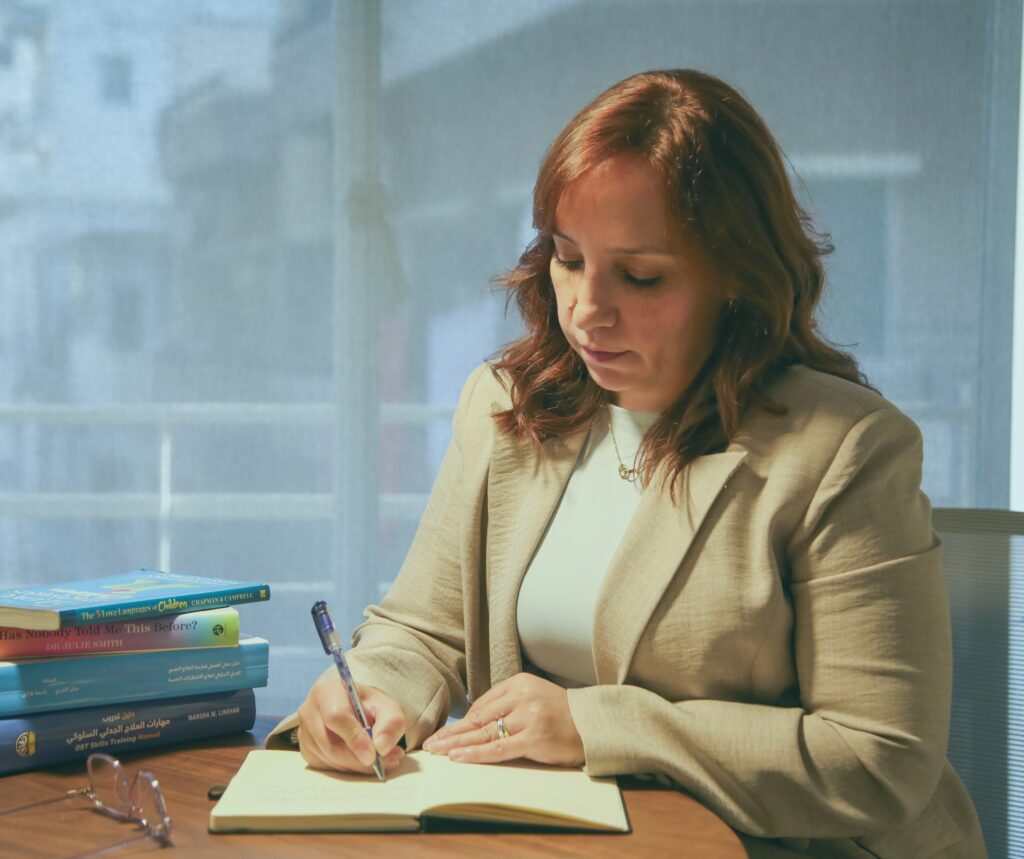Your Questions, Answered
Have questions about my services? You're in the right place! This section provides quick answers to common questions about therapy, coaching, session bookings, and more. Whether you're curious about the process, my services, or how to prepare for your first session, you'll find helpful information here.

